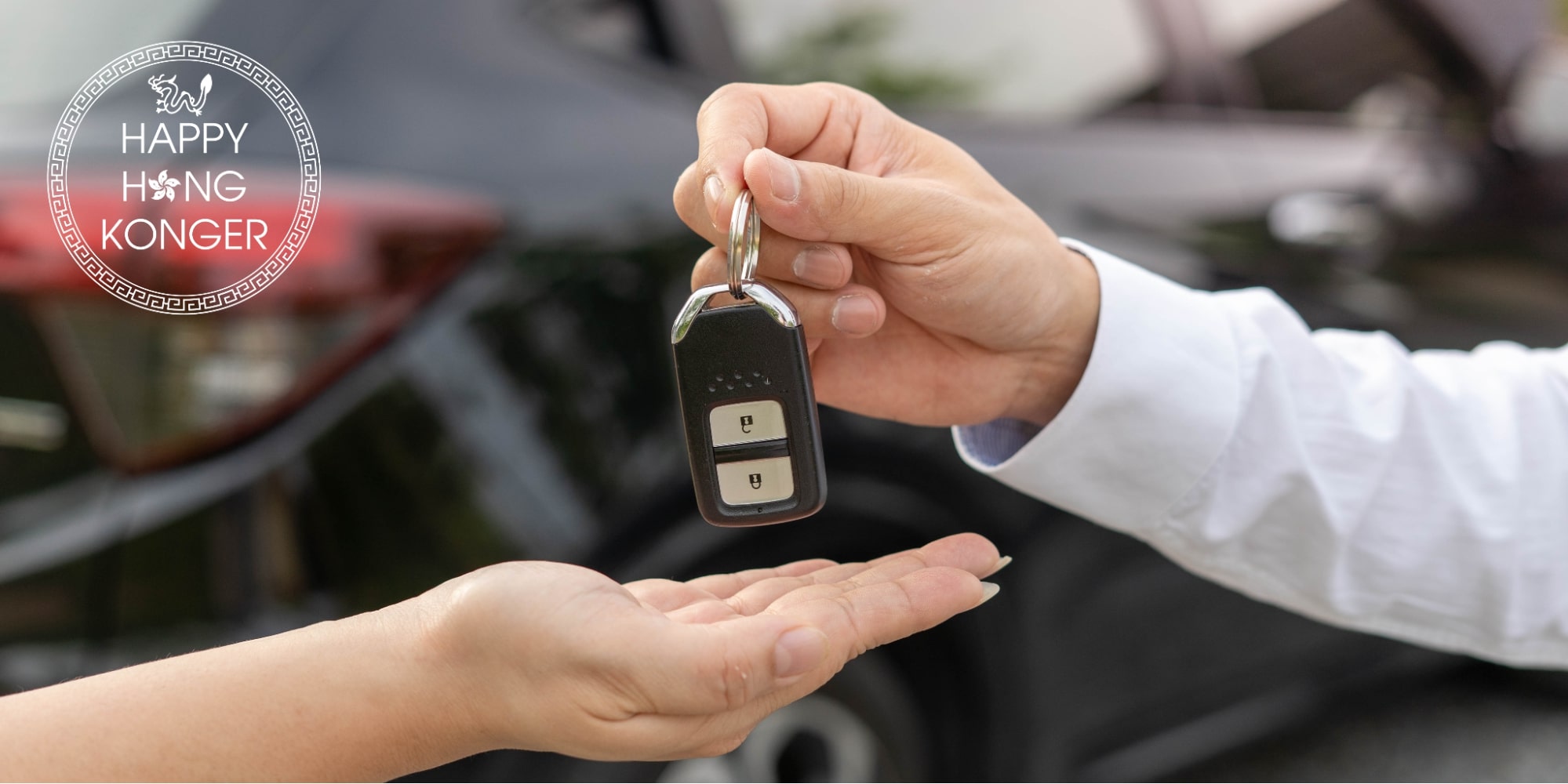Categories > Guides and Tips

Asked and Answered: Why do few people own a car in Hong Kong?
Call it culture shock if you may, but when I went to America for the first time, I was surprised to find out that nearly all of my friends actually own cars. Like OWN them – in their own garage, in their own backyard, in their own home.
Thing is, in Hong Kong, that’s not the norm. Whether it’s good or bad is really not up for debate – afterall all, we have different cultures and different urban makeups.
The real question is why the difference exists. Why is car ownership so rare in Hong Kong?
Why do few people own a car in Hong Kong?
Few people own a car in Hong Kong because public transport is the norm, with many viewing cars as costly-to-maintain symbols of status rather than necessity.
However, this perspective only scratches the surface of the multifaceted reasons behind the limited number of car owners in the city.
High Car Prices and Running Costs
Owning a car in Hong Kong comes with a hefty price tag, making it a luxury few can afford.
The affordability of used cars, particularly in the HK$10,000 to 40,000 range, might initially seem appealing. However, these budget options often demand significant maintenance expenses, deterring many potential buyers.
For those eyeing luxury cars, the price escalates substantially.
A mid-range luxury vehicle can set you back approximately HK$70,000 to 80,000, while second-hand Japanese cars start at HK$150,000. European models demand even higher prices.
Moreover, the cost of fuel is exorbitant in Hong Kong, making it the most expensive city in the world for driving. Residents relying on petrol have to shell out an average of US$3,395 just to cover 10,000 miles (16,000km).
When you factor in additional expenses such as the first registration tax, annual registration fees, and parking costs, the overall financial burden becomes overwhelming.
Consequently, the ongoing expenses reinforce the perception that owning a car in Hong Kong is just not a practical choice. For most Hong Kongers, it’s more like a status symbol, further limiting the number of car owners in the city.
Excellent Public Transportation System
Hong Kong’s public transportation system is impressive (no bias – this is coming from a girl who has been in many major cities!) making a network of trains, trams, buses, ferries, light rails, and taxis seamlessly interconnecting every corner of the city.
Ranked as the third best public transport system globally, Hong Kong’s network is lauded for its affordability and reliability. Despite not running 24/7 like in some other cities, the rail lines are the go-to choice for most daily commuters.
It’s because they’re not only punctual but also light on the wallet, with an average one-way ticket costing a mere HK$ 12 (approximately £1.22). This pocket-friendly aspect is especially significant in a city known for its high living costs.
But what makes Hong Kong’s public transport truly remarkable is its cultural significance. The majority of residents opt for these efficient modes of transport, not out of necessity but because it’s the norm.
The ease of hopping on a train or bus and knowing you can reach your destination without the hassle of driving and parking makes owning a car seem unnecessary.
Even with certain restrictions in place, such as the ban on e-scooters on specific pathways, the diverse range of public transport options ensures that navigating Hong Kong remains effortless.
Dense Urban Environment
Picture this: Hong Kong, a bustling city with over 7,000 people squeezed into every square kilometer. It’s a concrete jungle where space is a luxury. In such a tightly packed urban environment, the need for private cars dwindles.
Why? Because everything is remarkably close by. Most places, whether it’s a grocery store, workplace, or favorite restaurant, are conveniently within walking distance or a short hop on public transport.
The towering high-rise buildings that dominate the skyline further compound the issue. Limited land availability means there’s simply no room for extensive parking lots or wide roads.
Every inch of space is precious and should be used to its maximum potential. This scarcity of space not only makes parking a nightmare but also discourages the idea of owning a car.
Government Policies
The Hong Kong government has rolled out a series of measures aimed at discouraging people from owning cars and encouraging the use of public transportation.
One of these measures is the first registration tax, a tax that hits your wallet hard when you decide to buy a new car.
What makes it sting even more is that the tax rate isn’t fixed. It’s progressive, meaning it climbs higher as the value of the car increases. In fact, the highest tax rate reaches a whopping 115%.
But that’s not all. Every car in Hong Kong must be licensed annually, and the cost of this license depends on the engine size. Bigger engine? Prepare to pay more.
Why is the government doing this? Simple: by making it incredibly expensive to buy and maintain a car, they’re effectively steering people away from car ownership.
Environmental Concerns
In densely populated Hong Kong, cars contribute significantly to air pollution. To combat this, the government is promoting electric vehicles and restricting older, more polluting cars.
As residents prioritize cleaner transportation options, owning a car becomes less appealing, aligning with the city’s push for a greener, healthier environment.
Preference for Public Transport
In essence, the rarity of car ownership in Hong Kong boils down to a fundamental preference: public transport reigns supreme.
So, amid Hong Kong’s towering skyscrapers and crowded streets, the allure of public transport prevails. In a way, it’s how Hong Kongers navigate their daily lives, adapting to the city’s fast pace and limited space.
ST:
MD:





